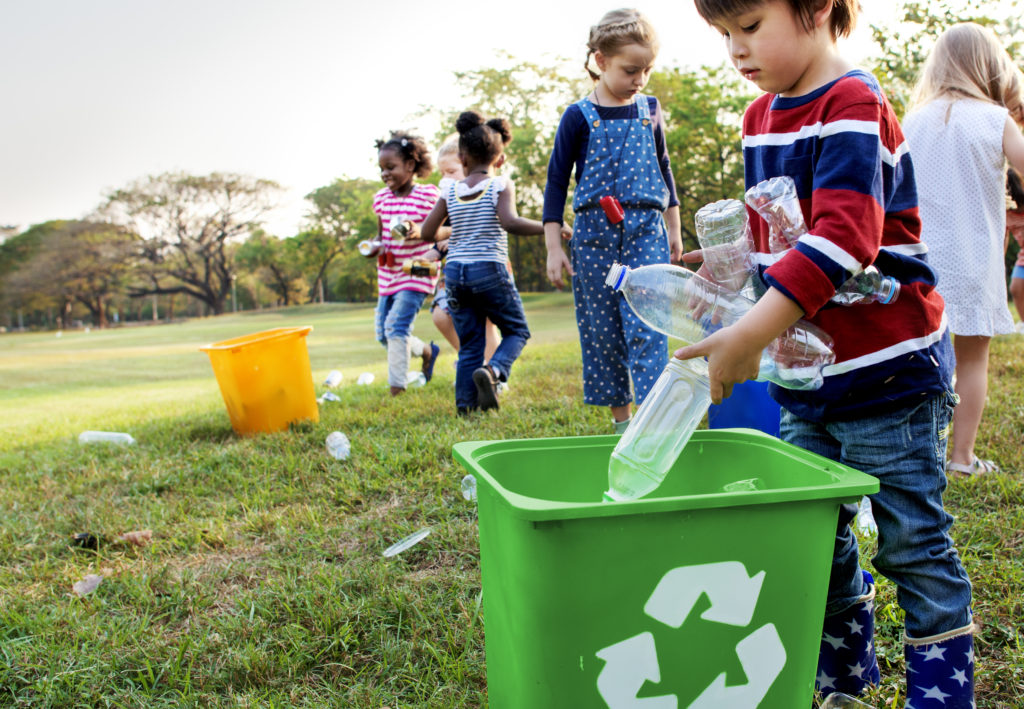Definitions
EARTHDAY.ORG™ is working on an ambitious Climate and Environmental Literacy campaign to establish formal, impactful climate education standards in every country in the world. We need community members, elected officials and partners to stand with us as we work to prepare students for a changing world and build their capacity to become leaders in the fight against climate change.
As we work to gather commitments from nations around the world, please refer to the following definitions for EDO’s interpretation of environmental, climate and civic education and literacy.
Definitions
The process of taking learners from awareness to action on environmental issues. Environmental education builds knowledge, skills and efficacy to encourage people to engage in positive, meaningful actions to better their community and their planet through civic action.
The goal of environmental education where individuals make responsible, thoughtful decisions about their actions while considering the total environmental impact, trade-offs and long-term consequences.
Holistic learning about the complex, global, interdependent climate system and all of the variables that contribute to anthropogenic climate change.
A climate literate person is a critical thinker who understands complex relationships of multiple variables of the climate system and acts in the best interest of long-term global health. These individuals make informed and thoughtful decisions based on science, economic and social factors to have the least impact on the climate system including a person's carbon, water and land footprint.
The field of learning that focuses on local, national and international government structure and function and how individuals can have an active role in community well-being. Civic action has always been foundational to environmental education. While civic education can focus on many different topics, environmental civic education focuses on issues like natural resource use and access, preservation and expansion of natural areas and green space, environmental justice and climate action planning.
Education for sustainable development has many similarities to environmental education and has a strong presence in European and African countries. UNESCO defines ESD as, “holistic and transformational education which addresses learning content and outcomes, pedagogy and the learning environment. It achieves its purpose by transforming society” and aligns with the UN Sustainable Development Goals. Climate change education is a key component.








